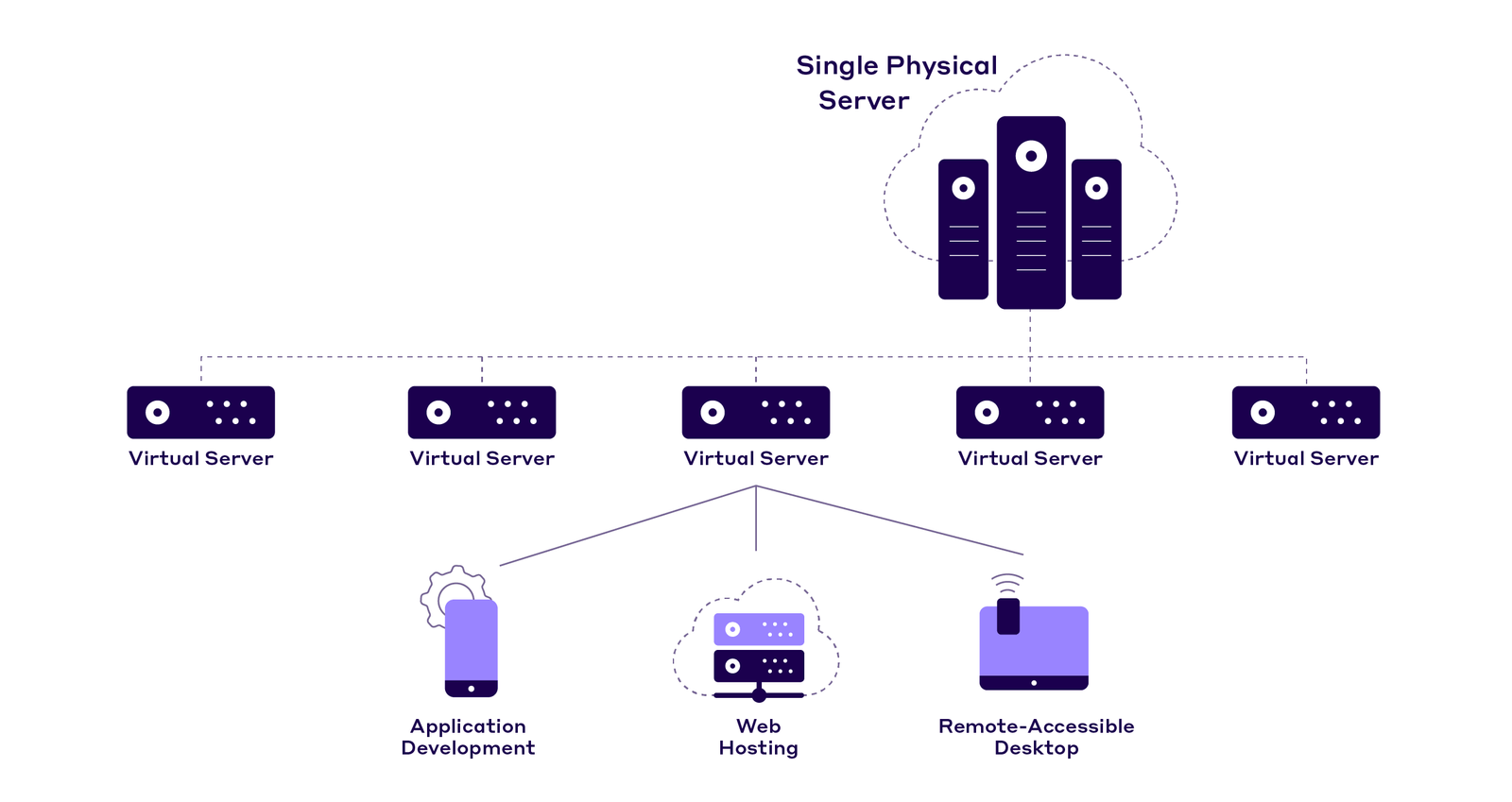How Web Hosting Affects Website Speed and Performance
- By -Daisy
- Posted on
- Posted in Web Hosting
Website speed and performance are critical to user experience, SEO rankings, and online success. While content and design play important roles, web hosting is the backbone of your website’s performance. The hosting provider, server type, and configuration you choose can directly impact how fast your site loads and how smoothly it operates under various conditions.
Let’s dive into how web hosting affects website speed and performance, and how to make the right choices for optimal results.
Why Website Speed and Performance Matter
1. User Experience
Studies show that users expect websites to load within 2–3 seconds. A slow-loading website leads to higher bounce rates and lower user engagement.
2. SEO Rankings
Search engines like Google prioritize fast-loading websites. Poor website speed can negatively affect your search engine rankings.
3. Conversion Rates
E-commerce platforms and businesses risk losing potential customers due to slow websites. Every second of delay can lead to a significant drop in conversions.
Key Factors of Web Hosting That Influence Speed
1. Server Location
The physical location of the server hosting your website affects the time it takes for data to travel between the server and your visitors. A server located closer to your target audience will result in faster loading times.
2. Server Type and Resources
- Shared Hosting: Resources are shared among multiple websites, which can lead to slower speeds during high traffic.
- VPS Hosting: Provides dedicated resources within a virtualized environment, offering better speed and reliability.
- Dedicated Hosting: Ensures all server resources are exclusively for your website, maximizing performance.
- Cloud Hosting: Distributes resources across multiple servers, improving scalability and uptime.
3. Bandwidth and Storage Limits

Limited bandwidth can slow down your website, especially during traffic spikes. Opting for a hosting plan with sufficient bandwidth and storage ensures smooth performance.
4. Server Uptime
Frequent server downtimes not only disrupt your website’s availability but also affect its overall performance. Reliable hosting providers offer uptime guarantees of 99.9% or higher.
5. Content Delivery Network (CDN)
Some hosting providers include CDN services, which cache your website’s content on multiple servers worldwide. This reduces loading times for users located far from the primary server.
Web Hosting Features That Enhance Performance
1. SSD Storage
Servers with SSD (Solid-State Drive) storage offer faster data retrieval compared to traditional HDDs (Hard Disk Drives), significantly improving website speed.
2. Server Software
Efficient server software like LiteSpeed or Nginx can process requests faster than older alternatives like Apache.
3. Caching
Hosting providers that support caching mechanisms (e.g., Varnish, Redis) help reduce server load and improve website speed.
4. PHP Version Support
The latest PHP versions are optimized for speed and performance. Check if your hosting provider supports up-to-date PHP versions.
How to Measure Hosting-Related Performance Issues
1. Use Speed Testing Tools
Tools like Google PageSpeed Insights, GTmetrix, and Pingdom can identify loading bottlenecks and provide actionable insights.
2. Monitor Server Response Time
A good hosting provider should offer low server response times (below 200 milliseconds).
3. Check Hosting Resource Usage
Regularly monitor CPU, RAM, and disk usage to ensure your hosting plan meets your website’s needs.
Optimizing Website Speed with the Right Hosting Choices
1. Match Hosting to Your Website’s Needs
- For small blogs or personal websites: Shared hosting is cost-effective.
- For medium-sized businesses: VPS or cloud hosting is a better choice.
- For large-scale websites or e-commerce: Dedicated hosting provides optimal performance.
2. Enable Compression and Minification
Hosting providers offering Gzip compression or file minification can significantly reduce loading times.
3. Regularly Update Software
Ensure that your CMS, plugins, and hosting platform are always updated for optimal performance and security.
4. Optimize Images
Large image files can slow down your site. Use hosting plans that support automatic image optimization or compression.
5. Prioritize Hosting with Integrated Security
SSL certificates, DDoS protection, and firewalls included in hosting plans ensure secure and uninterrupted performance.
Common Web Hosting Mistakes to Avoid
1. Choosing the Cheapest Option
While affordability is important, the cheapest hosting plans often compromise on speed and resources.
2. Overlooking Scalability
If your website experiences sudden traffic growth, an unscalable hosting plan could result in downtime.
3. Ignoring Customer Support
Reliable hosting providers offer 24/7 support to resolve performance issues quickly.
Top Hosting Providers Known for Speed and Performance
- SiteGround: Known for its excellent uptime and built-in caching features.
- Bluehost: A popular choice with SSD storage and affordable plans.
- WP Engine: Specializes in managed WordPress hosting with high-speed servers.
- A2 Hosting: Offers Turbo Servers designed for lightning-fast performance.
- Cloudways: Flexible cloud hosting with multiple server choices and optimization features.
Conclusion
Web hosting is the foundation of your website’s speed and performance. From server location to storage type and available resources, each element plays a significant role in determining how well your site operates. By understanding these factors and choosing the right hosting provider, you can ensure faster loading times, better user experience, and improved SEO rankings.
Investing in quality web hosting is not just a technical necessity—it’s a strategic decision to enhance your website’s success.



